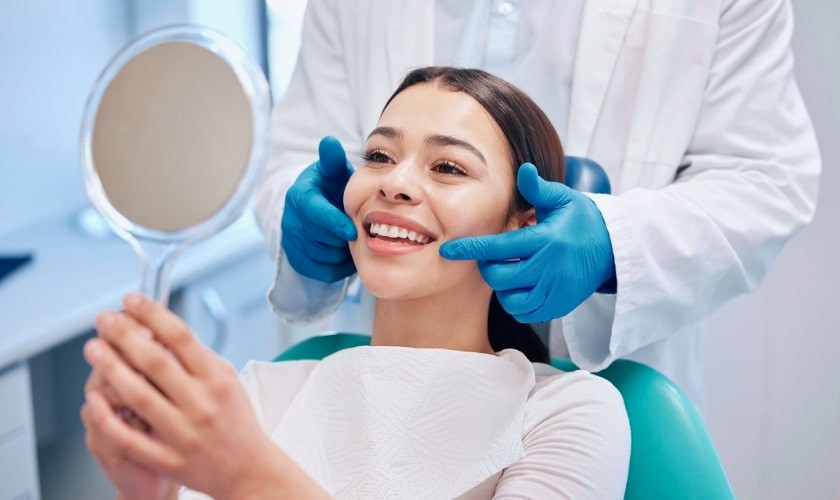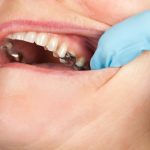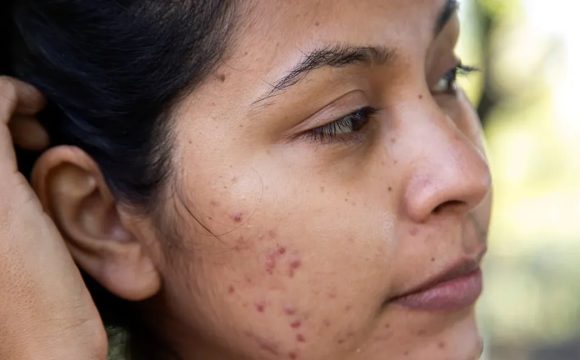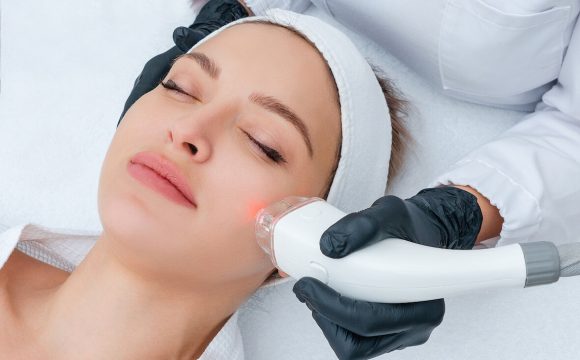Dental anxiety is a prevalent issue that affects individuals of all ages and backgrounds. For many people, the thought of visiting the dentist induces feelings of fear, stress, and unease, often leading to avoidance of necessary dental care. However, dentists recognize the importance of addressing dental anxiety and implementing strategies to help patients relax during their appointments. In this article, we’ll explore the phenomenon of dental anxiety and provide valuable insights into how dentists can support patients in overcoming their fears, including the option of using Invisalign as a more comfortable orthodontic treatment.
Understanding Dental Anxiety: Identifying the Root Causes
Fear of Pain and Discomfort
One of the primary reasons for dental anxiety is the fear of experiencing pain or discomfort during dental procedures. Past negative experiences or stories from others can contribute to this fear, causing individuals to avoid seeking dental care altogether.
Feeling of Loss of Control
Dental procedures often require patients to remain still and cooperative, leading to a perceived loss of control over their bodies and the situation. This loss of control can heighten feelings of anxiety and unease, particularly for individuals who prefer to maintain autonomy over their actions.
Fear of Judgement or Embarrassment
Some individuals may feel self-conscious about the condition of their teeth or fear being judged by dental professionals for their oral health habits. This fear of judgement or embarrassment can deter individuals from seeking dental care and exacerbate feelings of anxiety.
Strategies for Dentists to Help Patients Relax: Creating a Supportive Environment
Establishing Trust and Communication
Building trust and open communication between dentists and patients is essential in alleviating dental anxiety. Dentists should take the time to listen to patients’ concerns, address any questions or apprehensions they may have, and explain procedures in a clear and reassuring manner.
Offering Sedation Dentistry Options
Sedation dentistry techniques, such as nitrous oxide (laughing gas) or oral sedatives, can help patients relax and feel more comfortable during dental procedures. Dentists can discuss these options with anxious patients and tailor the level of sedation to their individual needs and preferences.
Providing Distraction Techniques
Distraction techniques, such as playing soothing music, offering headphones, or providing television screens in treatment rooms, can help divert patients’ attention away from dental procedures and reduce anxiety levels. Dentists can also encourage patients to practice deep breathing exercises or guided imagery to promote relaxation.
Introducing Invisalign as a Comfortable Orthodontic Treatment Option
Invisalign offers a discreet, comfortable alternative to traditional braces, making it an attractive option for patients with dental anxiety. Unlike metal braces, Invisalign aligners are smooth, removable, and virtually invisible, minimizing discomfort and embarrassment associated with orthodontic treatment. Dentists can discuss how to get Invisalign with patients who are interested in improving their smiles without the inconvenience of traditional braces, providing them with a more comfortable orthodontic experience.
Conclusion: Empowering Patients to Overcome Dental Anxiety
In conclusion, dental anxiety is a common concern that can significantly impact individuals’ oral health and overall well-being. Dentists play a pivotal role in helping patients overcome their fears and feel more relaxed during dental appointments. By understanding the root causes of dental anxiety and implementing strategies such as building trust, offering sedation options, providing distraction techniques, and introducing comfortable orthodontic treatment options like Invisalign, dentists can create a supportive environment where patients feel empowered to prioritize their oral health. With compassionate care and effective communication, dental professionals can help patients overcome dental anxiety and achieve healthier, happier smiles.








